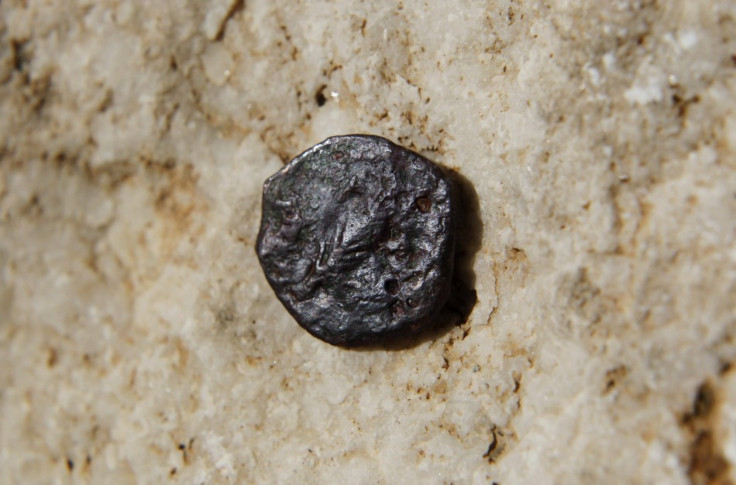Coins From 17 A.D. Discovered in Jerusalem Overturn History of Western Wall (PHOTOS)

Ancient coins from 17 A.D., discovered from an excavation site underneath the Western Wall in Jerusalem’s Old City, have overturned beliefs about the origins of the wall, Israeli archaeologists said on Wednesday.
The coins were found buried under an ancient Jewish Mikve, or ritual bath, below the Western Wall, which is Judaism’s holiest prayer site.
Archaeologists said the coins raise questions over the long-held thought that the wall was built by King Herod, who according to Christmas legends, tried to hunt down baby Jesus.
The ancient coins were minted 20 years after King Herod's death in 4 B.C., hinting at the sacred structure’s completion by his successors.
According to Israel Antiquities Authority (IAA), an account by Jewish historian Josephus did mention that the wall was completed by Herod's great grandson, but could not dispel the popular belief that the wall was completed under Herod’s reign.
The discovery of these coins is the first evidence supporting Josephus's claim, IAA said.
Described by Josephus as the largest project the world has ever heard of, the Western Wall is a remnant of the ancient wall that surrounded the Second Jewish Temple destroyed by Romans, who invaded Jerusalem in 70 A.D.
Today, the Western Wall is a famous prayer site. Tucking in paper notes in the cracks of the Western Wall, which Jews believe are notes to God, is a customary practice. Even visiting dignitaries, including U.S. President Barack Obama and Pope Benedict XVI have prayed and placed their notes in the wall during their visits to Jerusalem.
© Copyright IBTimes 2024. All rights reserved.





















